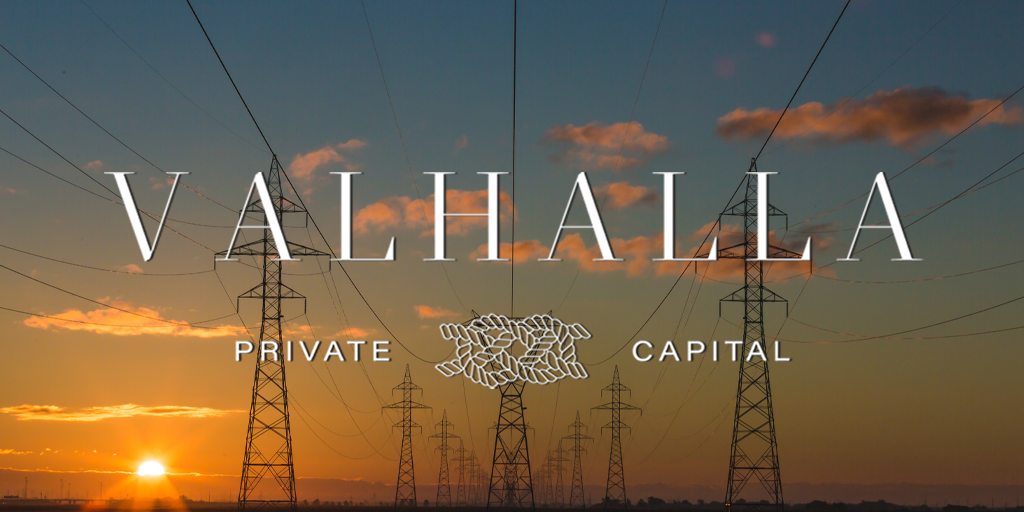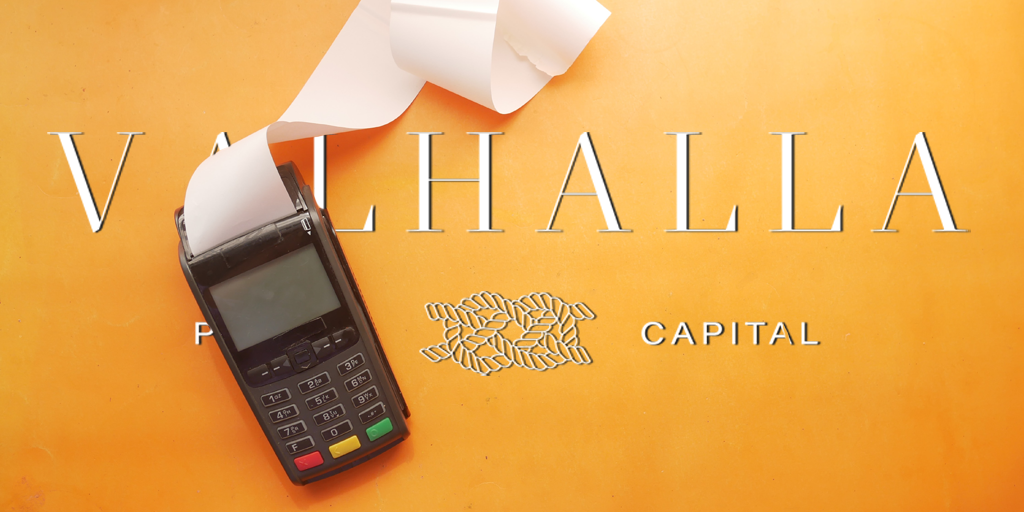
Emmet McGonagle
With the Alberta government placing a six-month pause on approving new wind and solar power projects, the province is struggling to find somewhere to store its renewable energy (source: Global News). However, it it seems Battery energy storage systems (BESS) may be the answer (source: The Globe and Mail).
With an estimated 20 per cent boost in output efficiency, the use of these storage systems could hedge Alberta’s footprint as
Canada's main fossil fuel producer.
Justin Rangooni, executive director at Energy Storage Canada, explained via LinkedIn that - similar to Ontario and Nova Scotia, as well as wider Canada - the significance of energy storage is on the rise.
“-Energy storage is increasingly recognized not only as essential for transitioning to a more decarbonized electricity system but also for guaranteeing its reliability and resiliency in the years ahead,” Justin said.
On the topic, he expressed excitement to “connect with the province’s premier Danielle Smith and Nathan Neudorf [minister of affordability and utilities], to delve into the ongoing importance of energy storage on Alberta's electricity grid.”
According to Danielle Smith, the federal government has been preventing development of backup generation for renewable energy such as natural gas.
“So I’ve told them, how can I bring on additional wind and solar if I’m not able to secure the reliability of my power grid by being able to bring on natural gas peaker plants? That’s the heart of the problem,” she said.
“No one is proposing any new natural gas plants because the federal government has created so much uncertainty in the market.”
Do you have a question about angel investing? Get in touch with Valhalla Private Capital via our
contact page.



